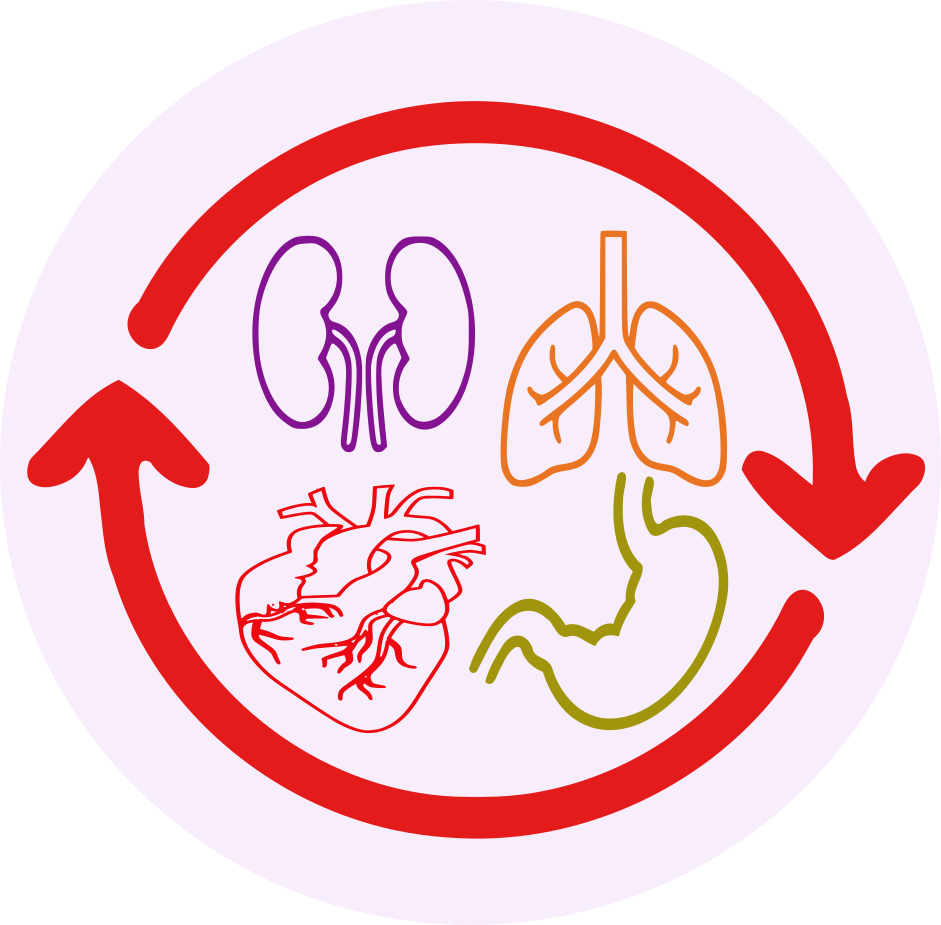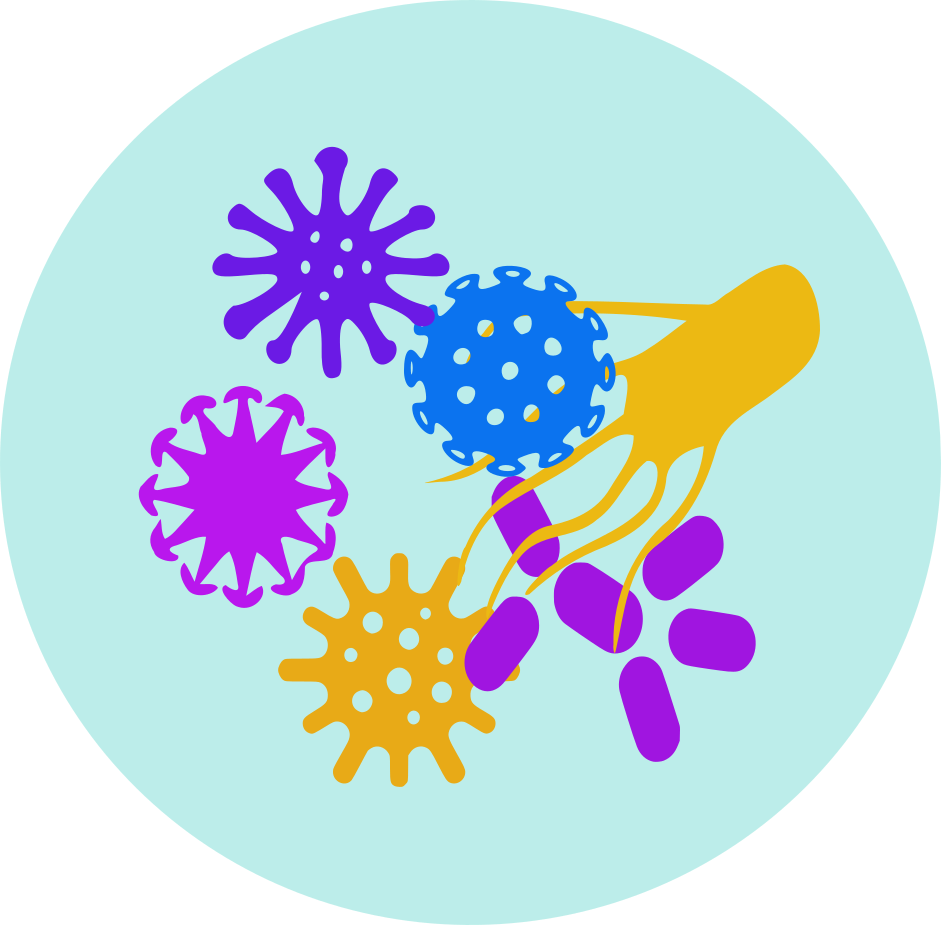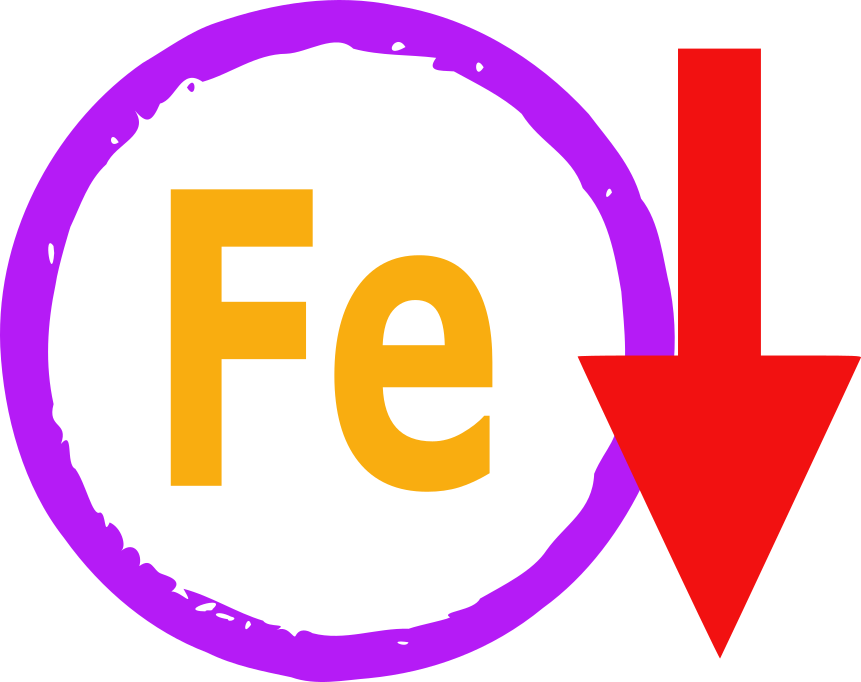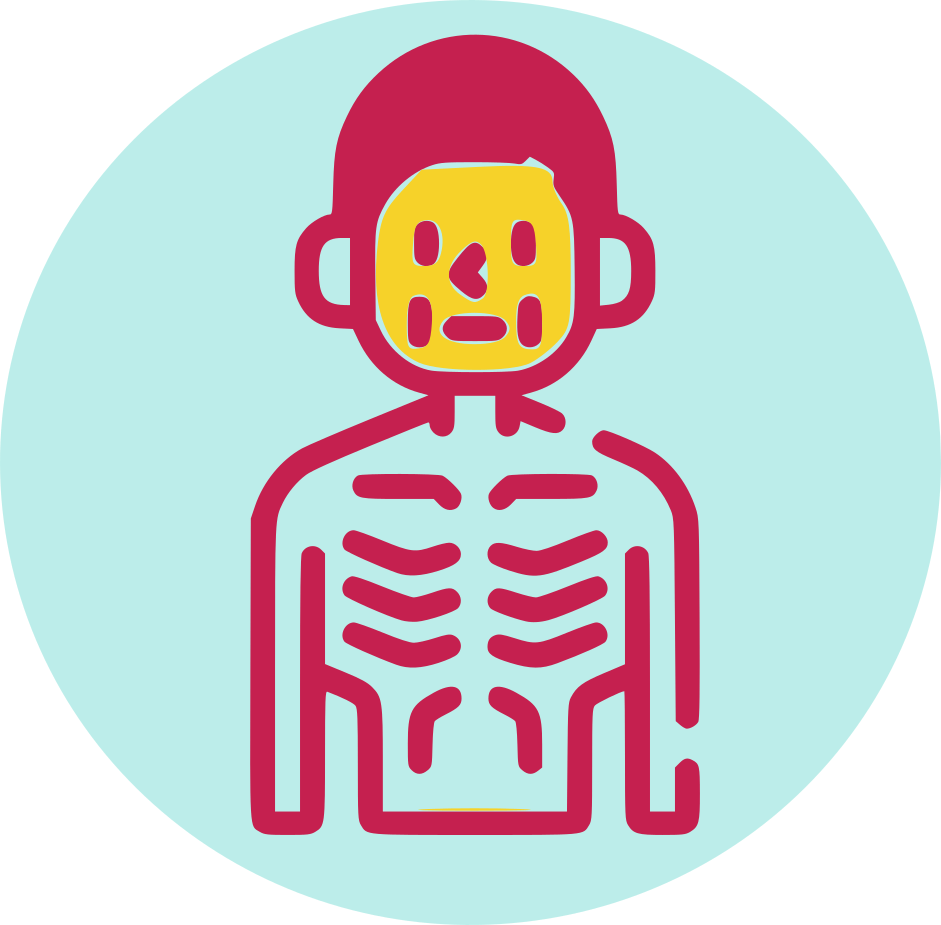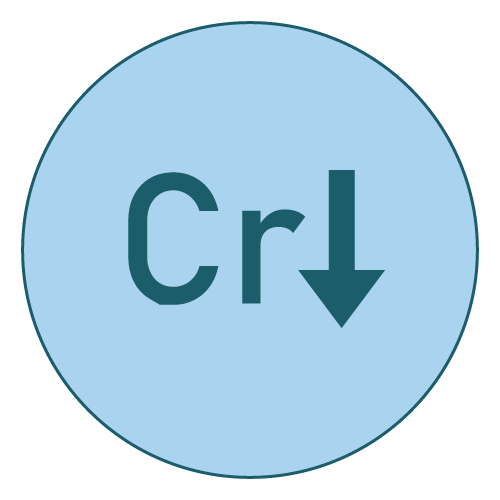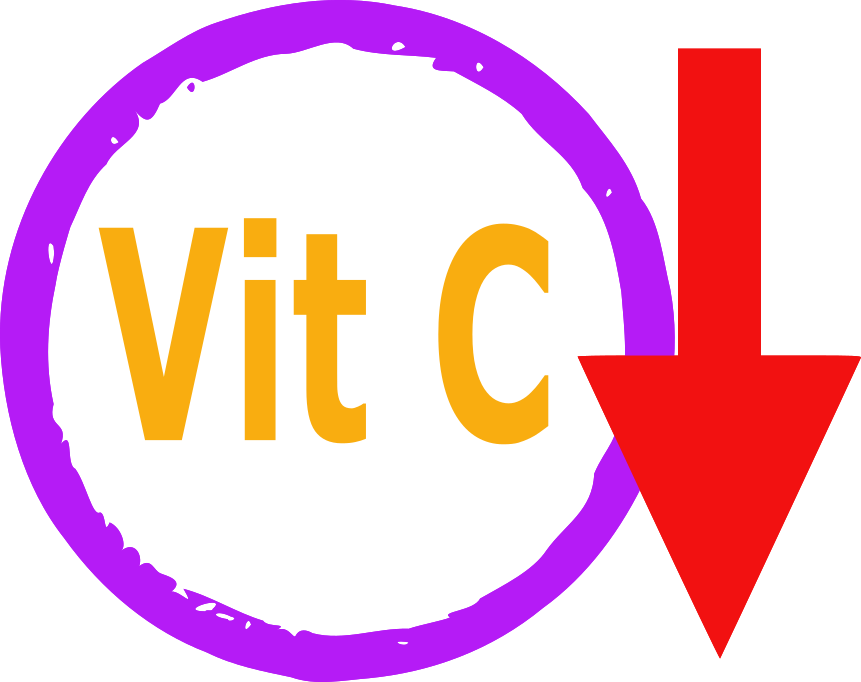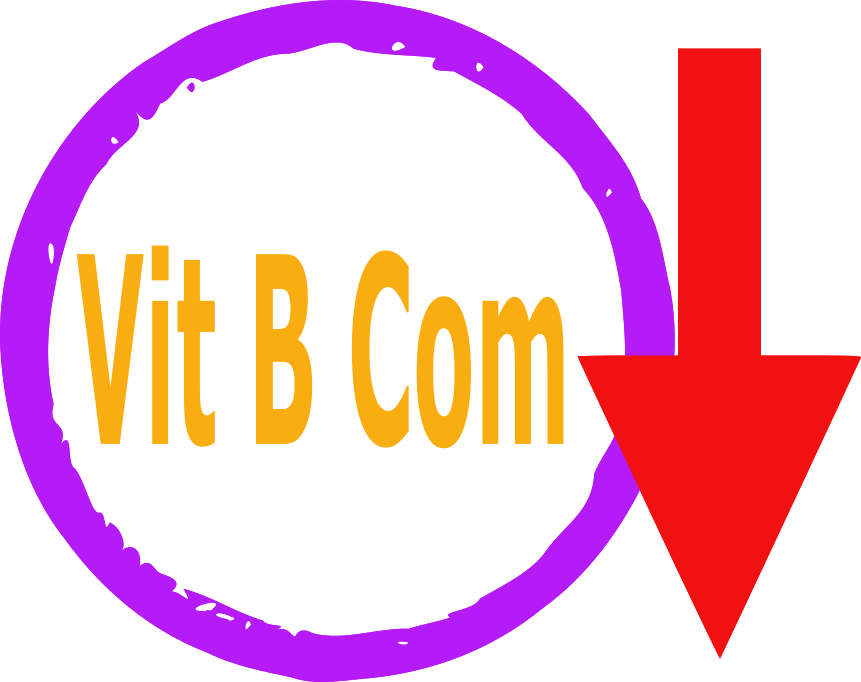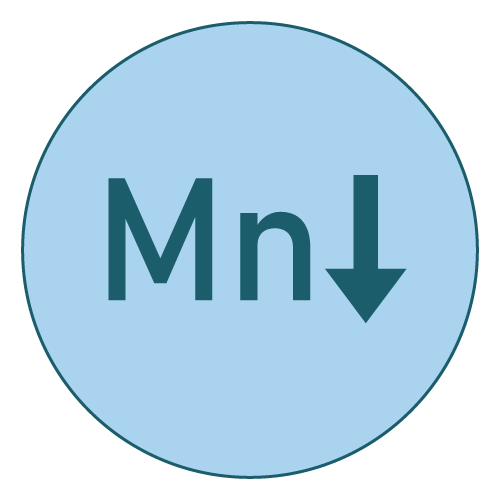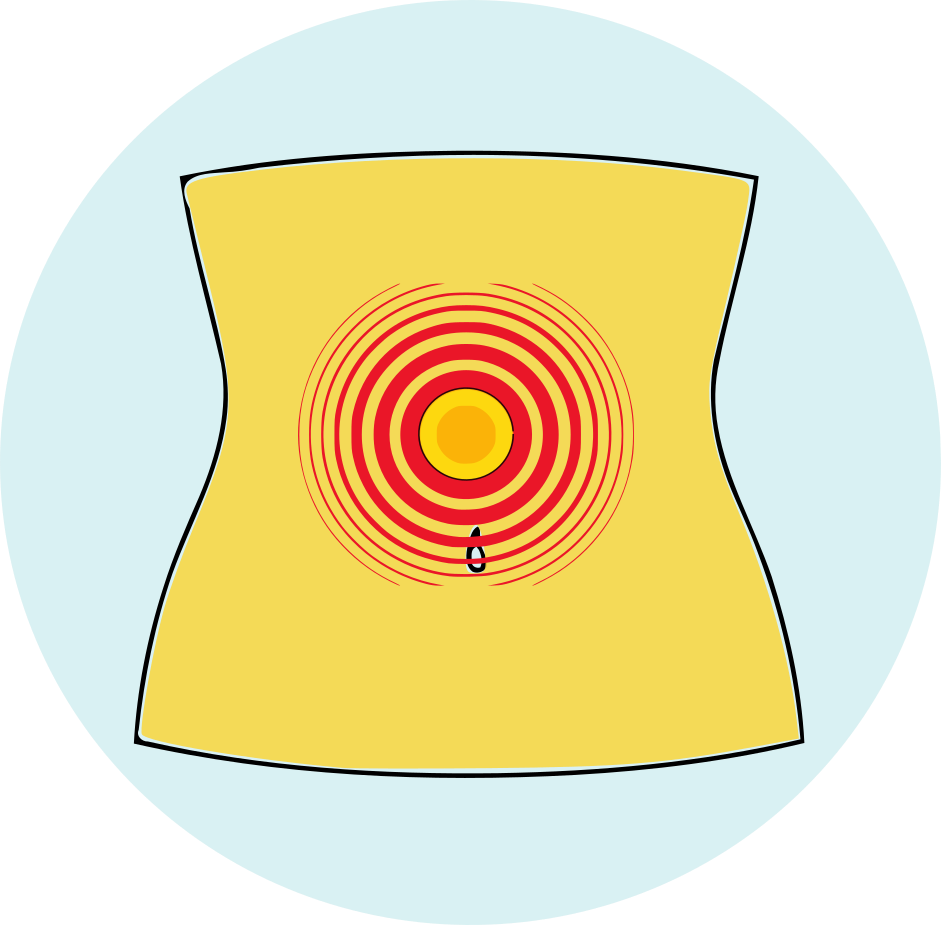| Name | Biotin + Calcium + Chromium + Copper + Folic Acid + Iron + Magnesium + Manganese + Niacin + Pantothenic acid + Riboflavin + Selenium + Thiamine + Vitamin A + Vitamin B12 + Vitamin B6 + Vitamin C + Vit |
| Classes |
Nutritional Supplement Mineral and Vitamin Combination |
| Diseases |
Malnutrition and Electrolyte Imbalance Vitamin and Mineral Deficiency |
Biotin + Calcium + Chromium + Copper + Folic Acid + Iron + Magnesium + Manganese + Niacin + Pantothenic acid + Riboflavin + Selenium + Thiamine + Vitamin A + Vitamin B12 + Vitamin B6 + Vitamin C + Vit
Biotin + Calcium + Chromium + Copper + Folic Acid + Iron + Magnesium + Manganese + Niacin + Pantothenic acid + Riboflavin + Selenium + Thiamine + Vitamin A + Vitamin B12 + Vitamin B6 + Vitamin C + Vitamin E is combinational preparation of different vitamins and minerals.
- Vitamin C: It is necessary for the growth, development and repair of all body tissues. It's involved in many body functions, including formation of collagen, absorption of iron, the proper functioning of the immune system, wound healing, and the maintenance of cartilage, bones, and teeth.
- Biotin: Biotin aids the body's conversion of food into energy and serves a variety of other functions in the body. Biotin improves the health of the hair and nails, promotes a healthy pregnancy, and aids in the management of blood sugar levels, among other things.
- Vitamin B12: Vitamin B12 is required for the proper function and development of almost all the organ systems, including the brain, nerves, and blood cells. Methyl cobalamin is the active form of vitamin B12.
- Vitamin E: It has antioxidant properties. This means that it protects body tissue from damage caused by free radicals. Free radicals can cause damage to cells, tissues, and organs. They are thought to play a role in certain aging-related conditions. It aids in the defense of the immune system against viruses and bacteria. It aids in the formation of red blood cells and the widening of blood vessels, which prevents blood from clotting within them.
- Pantothenic acid: It is the synthetic form of vitamin B5. It helps to produce energy from the food we take. Vitamin B5 is an antioxidant and a neural component that aids in immune system and neural function enhancement. It also helps with fat metabolism and stress reduction.
- Niacin: Also known as vitamin B3, Niacin functions in the body after being converted to nicotinamide adenine dinucleotide (NAD) by the NAD coenzyme system. Niacin (but not nicotinamide) in gram doses lowers total cholesterol (TC), low-density lipoprotein cholesterol (LDL-C), and triglycerides (TG), while increasing high-density lipoprotein cholesterol (HDL-C). The magnitude of individual lipid and lipoprotein responses may be affected by the magnitude and type of underlying lipid disorder.
- Folic acid: Folic acid plays an important role in DNA, RNA and Protein biosynthesis. Folic acid is converted into tetrahydrofolate in the body which is the active form.
- Nicotinamide: Nicotinamide is converted into two essential coenzymes in the human body: nicotinamide adenine dinucleotide (NAD) and nicotinamide adenine dinucleotide phosphate (NADP). Many important events require both NAD and NADP, including energy synthesis, DNA repair, and cell death regulation.
- Pyridoxine HCl: Pyridoxine Hydrochloride is a water soluble form of pyridoxine or Vitamin B6. Vitamin B6 is a vitamin that benefits the central nervous system and metabolism. Its roles include turning food into energy and helping to create neurotransmitters, such as serotonin and dopamine.
- Riboflavin: Riboflavin, also known as vitamin B2, acts in conjunction with the other B vitamins. It is necessary for the development of the body. It aids in the formation of red blood cells. It also assists in the energy release from proteins. Riboflavin aids in the conversion of carbohydrates to adenosine triphosphate (ATP).
- Vitamin B1: Vitamin B1 allows the body to utilize carbohydrates for energy. It is required for glucose metabolism and is important for nerve, muscle, and cardiac function.
- Calcium: Calcium is a mineral that plays important function in skeletal and cardiac muscle contraction.
- Chromium: Chromium is important in the breakdown of fats and carbohydrates. It stimulates fatty acid and cholesterol synthesis. They are important for brain function and other body processes
- Iron: Iron is a mineral necessary for various physiological functions. It is especially needed for the synthesis of hemoglobin and various enzyme function.
- Magnesium: Magnesium is a cofactor in more than 300 enzyme systems that regulate diverse biochemical reactions in the body, including protein synthesis, muscle and nerve function, blood glucose control, and blood pressure regulation. Magnesium is required for energy production, oxidative phosphorylation, and glycolysis.
- Manganese: Manganese helps the body form connective tissue, bones, blood clotting factors, and sex hormones. It also plays a role in fat and carbohydrate metabolism, calcium absorption, and blood sugar regulation. Manganese is also necessary for normal brain and nerve function.
Biotin + Calcium + Chromium + Copper + Folic Acid + Iron + Magnesium + Manganese + Niacin + Pantothenic acid + Riboflavin + Selenium + Thiamine + Vitamin A + Vitamin B12 + Vitamin B6 + Vitamin C + Vitamin E is indicated for the following conditions-
- Stressful conditions like- Chronic diseases, infections, pregnancy, lactation, old age.
- Malnutrition
- Vitamin deficiency
- Mineral deficiency
- Prophylaxis and treatment of conditions/ diseases associated with vitamin/mineral deficiency
One or two capsule/ tablet a day; or as directed by your physician.
This is a well tolerated combination. Although uncommon, the user may experience following side effects-
- Rash
- Urticaria
- Abdominal pain
- Nausea
- Taste disturbance
- Diarrhea
- Allergic patients who are sensitive to the Thiamine (Vitamin B1) and nicotinamide components of this product may experience anaphylactic responses.
- Sneezing or moderate asthma are warning indications that more injections or infusions may cause anaphylactic shock.
- In patients who have had a gastric bypass, iron absorption is inadequate.
- People who have had a peptic ulcer or an inflammatory bowel disease, such as regional enteritis or ulcerative colitis, should use iron preparations with caution.
- Iron overdosage can be fatal specially in children.
Contraindication
Contraindicated in patients hypersensitive to any component of the formulation.
There is no contraindications of the medication in terms of food and drinks.
None known.
 Bangla
Bangla English
English